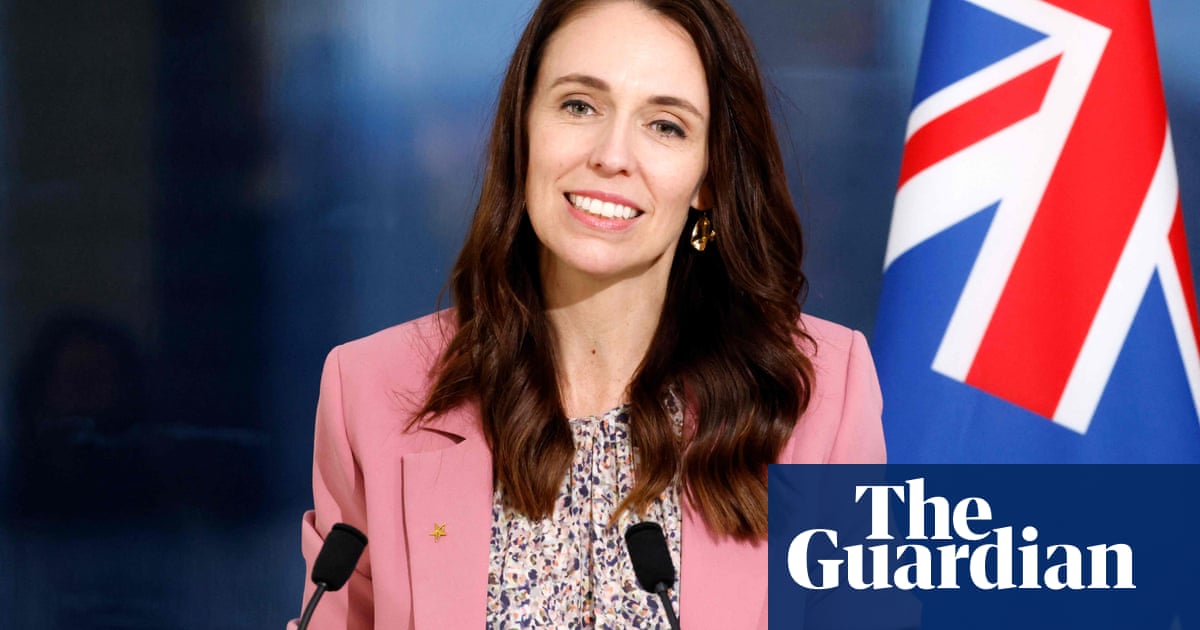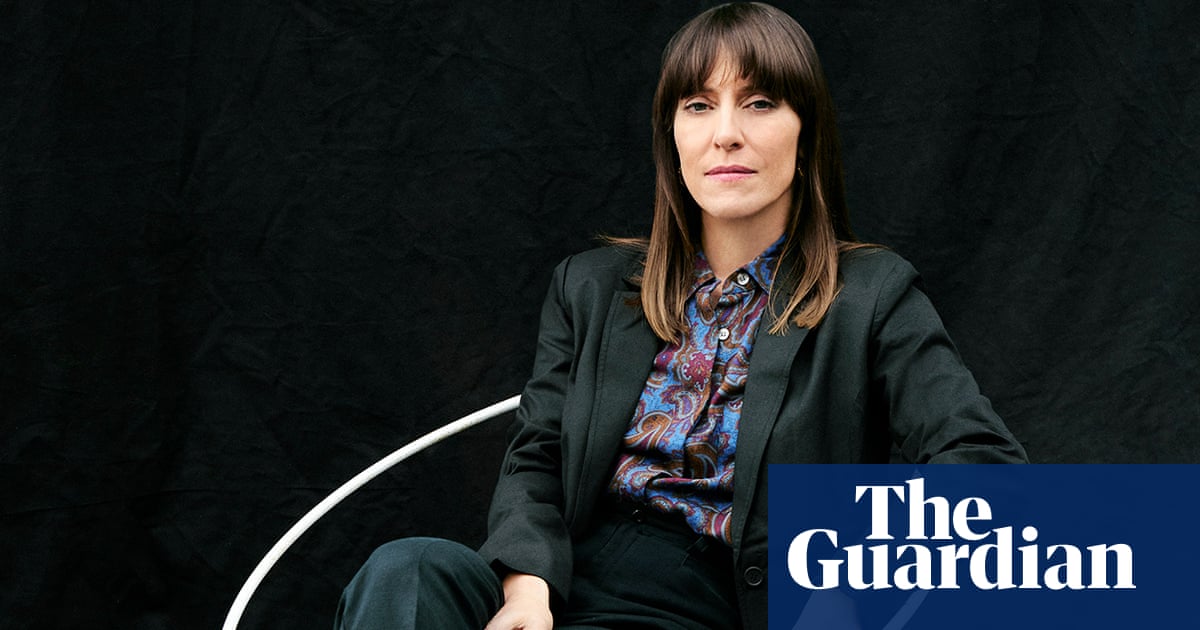
Juliet Davenport may have made a lucky escape from the energy supply market. The founder and former chief executive of green power supplier Good Energy ended her 20-year tenure last February, months before an unprecedented surge in global energy prices left the industry reeling.
But then, it’s not unusual for Davenport to be ahead of the curve. Set up in the late 1990s, Good Energy was one of the first “challenger” suppliers to compete with the behemoths of British Gas and others, which had been created by privatisation. It was also a pioneering investor in renewable power, and an early champion of small-scale community energy ventures.
“I think you can become a bit of an institution if you’re not careful,” she laughs.
In the bar of an upmarket central London hotel, Davenport is taking a break from the schedule of meetings she has to attend as one of the energy industry’s busiest non-executive directors.
Few such boardroom figures have a pedigree quite as green as Davenport’s. She founded Good Energy, the UK’s first supplier of 100% renewable power, in 1999, and the company has boasted ownership of the UK’s first commercial onshore windfarm since 2002. She is married to Mark Shorrock, the entrepreneur behind the controversial Swansea Tidal Lagoon,
CV
Age 53
Family one daughter, one stepdaughter.
Education MA Physics, Oxford University, MSc Economics, Birkbeck.
Last holiday Cornwall, to Delabole, site of the UK’s first windfarm.
Best advice she’s been given “Try to work with people you like on things that interest you.”
Biggest career mistake “Hiring people just on their credentials.”
Word she overuses “Cool.”
How she relaxes “Riding and reading – I’m still working on doing them simultaneously.”
and has weathered a long-term public squabble with fellow energy maverick Dale Vince, including an attempted boardroom coup by his company, Ecotricity, earlier this year.
Having stepped back from the day-to-day running of Good Energy, Davenport sits on the boards of a string of companies that are helping tackle the climate crisis. Perhaps her most notable role is as chair of rooftop solar innovator Atrato Onsite Energy, whose flotation in November made it the first company with an all-female board to list on the London Stock Exchange.
Davenport says she was no longer content with “turning up and doing the same thing” when she realised that, after decades of hard-learned lessons in the industry, she could spread her wings and help new energy firms navigate the market.
Good Energy was in need of some new skills too – notably in digital innovation. Proving that sometimes being ahead of the curve means recognising when others are further ahead, Davenport said she wanted to bring in “someone who was better at digital than I could ever be”.
She remains a director of the London-listed company, which she says is in a good position to weather an energy crisis in which dozens of small suppliers have gone bust.
The company has always hedged its exposure to global commodity prices by buying plenty of energy in advance, she says, and has negotiated supply deals directly with local renewable energy projects, which also helps to establish a fixed price.
At the root of the industry’s crisis, she adds, are small energy companies which have failed to maintain the support of investors by differentiating themselves in a busy market, along with a string of problems with how that market is regulated.
So is the growing criticism of the industry watchdog, Ofgem, justified? Absolutely, comes the matter-of-fact response.
“We’ve been having conversations with the regulator around various areas related to competition in the market for probably the past six or seven years,” she says. “The biggest issue was that [Ofgem’s] key performance indicator for success was the number of suppliers in the market, and the amount of switching between suppliers. That has always been a problem.”
The clarion call for households to help address sluggish competition in the energy market by shopping around for the cheapest deal unleashed a flood of poorly financed suppliers and unsustainably low energy deals. This race to the bottom has left more than 4 million households in need of a new energy supplier after record prices caused 26 companies to collapse.
“The UK needs energy companies which are prepared to invest in the future,” Davenport says. “If you’re constantly competing on price alone, you can’t invest.”
As chair of Atrato, Davenport has her mind on investment: it’s just weeks since the rooftop solar venture raised £150m in an oversubscribed market listing.
The company plans to use rooftop solar installations to unlock the largely untapped potential of commercial properties. Its strength lies in bringing together staff who have “a significant understanding of the commercial property market” with experts in renewable energy development. In time, Atrato expects to create standardised contracts that can make the still-niche decision to fit a leased office block with solar capability a “plug and play” option.
“The original Good Energy headquarters was owned by a pension fund,” she says. “I remember trying at least once a year to put solar on the roof and completely failing, because the [owners] were so far removed and just didn’t want any complications.
“Now a lot of corporates have a commitment to using renewables, and installing projects on their own site is part of fulfilling that. Helping them navigate the way forward if they don’t own their building is a huge part of that. The energy market has to be about making things easy for consumers.”
The Atrato ethos echoes in some ways that of Good Energy, which for decades made it easy for households to play a role in the growth of renewables by choosing a tariff from a company that invests directly in renewable energy projects.
“The question is how fast we can do it,” she says. “And how standardised we can make this process. If we keep everything as simple and repetitive as possible, we can move faster.”
Energy companies that can “enable” consumers to decarbonise their energy use because it’s the easier option are the ones to watch, Davenport believes. “For many years I saw big companies and government try to do big projects because that’s what they can control. But so much can be done on a decentralised level if you can get inside the head of a consumer,” she says.
In her next chapter Davenport plans to do just that, all over again.












